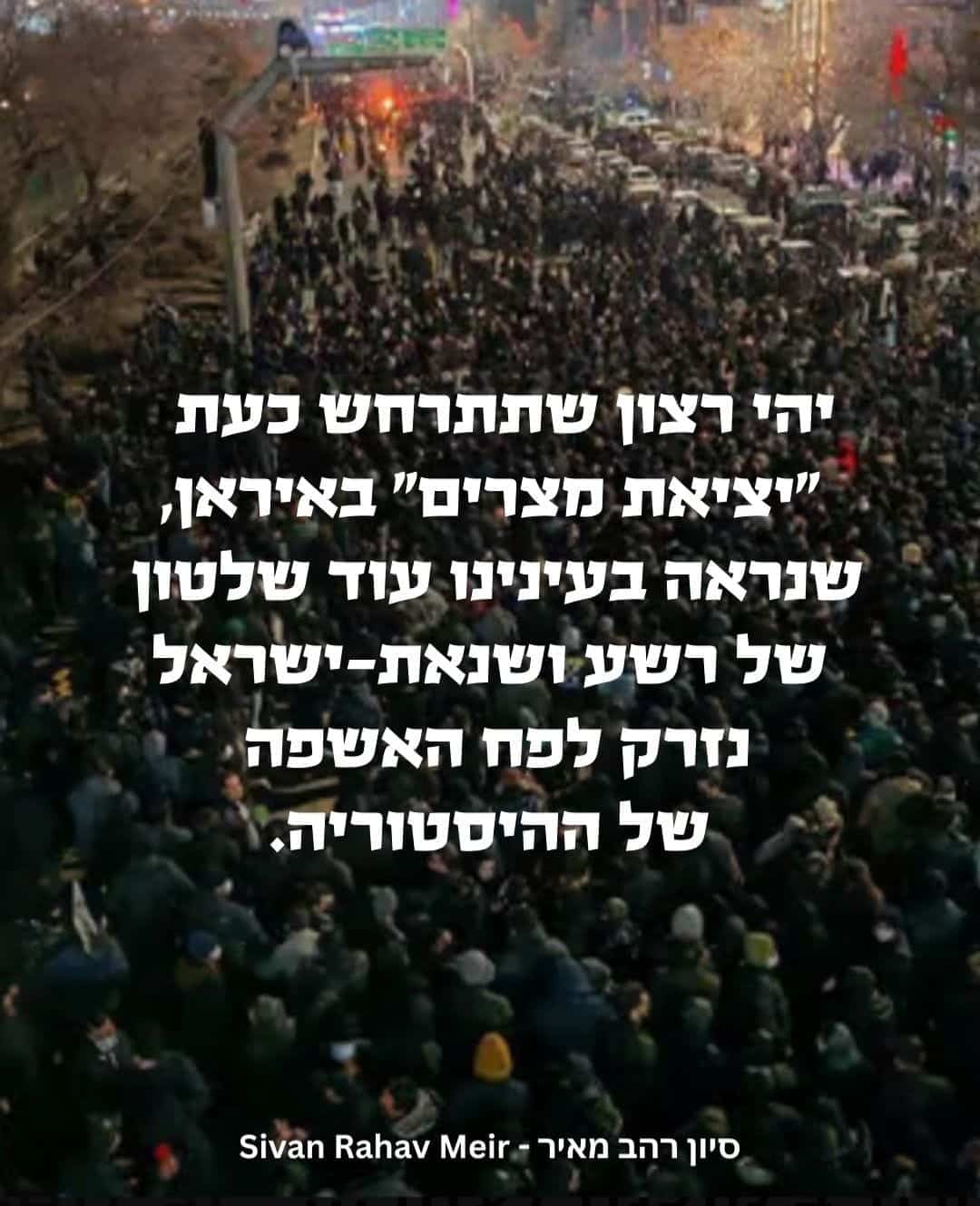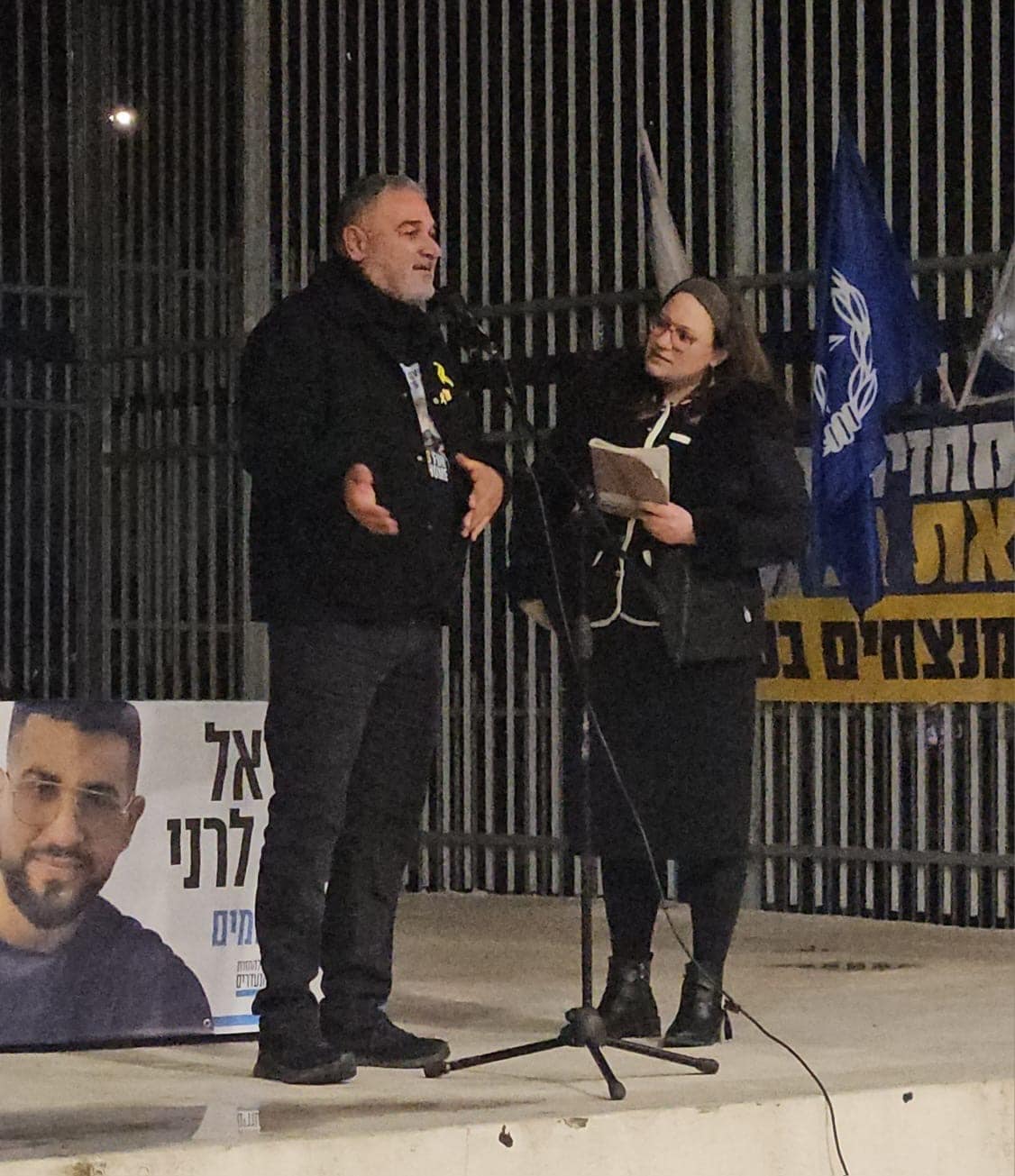These are days of comfort. Do we know this? Do we feel it?
* Our sages explain that after the great darkness of the days of destruction, after Tisha B'Av, and beginning from Tu B'Av which fell on Shabbat, a light of comfort and joy begins to sparkle. Let's try to recognize and connect to the Jewish pulse that beats now: after Tisha B'Av come seven Shabbatot called "Sheva D'Nechemta" (Seven of Comfort), named after the seven haftarot of comfort that are read on Shabbat in synagogues. This began this past Shabbat, with the words "Comfort, comfort My people, says your God." For thousands of years, the words of the prophets read during this time of year gave our ancestors strength and encouragement, through all the exiles and troubles.
* Comfort is the expertise of women and mothers. See what a wonderful metaphor the prophet Isaiah writes. God tells us: "As one whom his mother comforts, so will I comfort you." That is, one must comfort in a natural and loving way, as a mother knows how to comfort her child. Look at a child who gets hurt and his mother who hugs and soothes him. This is the model.
* When we want to comfort and strengthen someone, we need to see that our words are precise and truly healing. In the Talmud there is a concept of "vain consolations." These are consolations that harm more than they help. It's worth thinking about what we say and what the person facing us needs to hear.
* Rabbi Abraham Isaac Kook writes about comfort thus: "The comfort of Israel is now our greatest and holiest obligation." What is our obligation during this period? To speak strengthening words. Words that do good, that uplift. Not only to someone who is mourning halachically for a person who has passed away, but to every person around us. To pay attention to those who feel in darkness or who need a good word. To listen. To explain that there is meaning to sorrow and pain. To remind how great and holy we are, and what an important role we still have, on a personal and national level.
May we merit comfort and besorot tovot.









